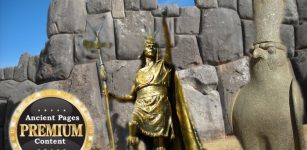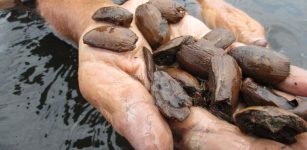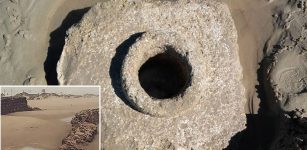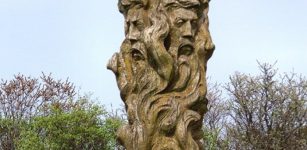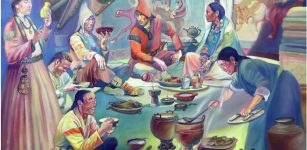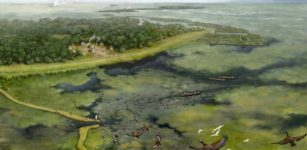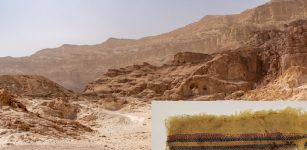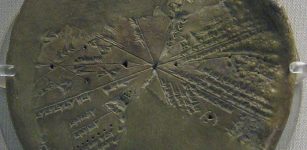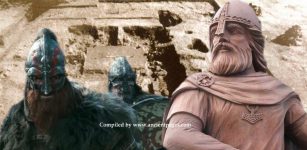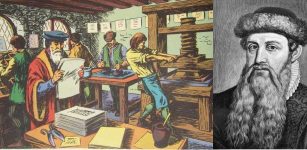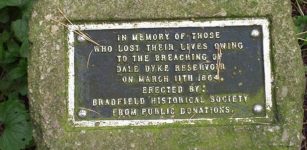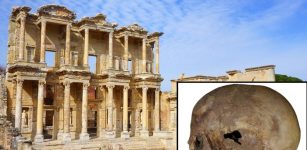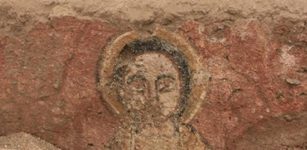Mystery Of An Edinburgh Crypt – Secrets Of Warriors Of Dark Ages In Scotland – Revealed
AncientPages.com - A two-year meticulous investigation into the mystery of an Edinburgh crypt has finally cast important new light on the turbulent and little-known history of the Dark Ages in Scotland.
Researchers carried out forensic tests on the skeletons of nine different adults uncovered in Cramond, believed to be the oldest occupied village in Scotland.
The tests have revealed they are up to 1500 years old - and all from several generations of a long-forgotten “royal family.”
It was uncovered in 1975 during an excavation of a Roman Bathhouse found at the site of a car park. Forty years later, a team led by the City of Edinburgh Council has embraced modern science to examine the remains of nine individuals found in the grave with fascinating results,' according to The City of Edinburgh Council.
The evidence has disproved an early theory that the bodies were victims of the bubonic plague, instead dating the individuals back another 800 years to the 6th Century AD. Thanks to state-of-the-art computer programming, researchers were able to create lifelike facial representations for the 1,500 year old skeletons.
By using forensic, isotopic and DNA techniques, the study reveals that the burials belonged to more than one generation of a single family with two of the bodies thought to be warriors due to their multiple healed wounds.
Furthermore, at least one and possibly three family members suffered a violent, murderous end. One female suffered shattering blows to the head and two males bear severe wounds which they survived.
Due to the unique nature of the burial and positioning of bodies, it is thought the victims could be members of a noble family, raising the question of whether Cramond in Edinburgh could be the site of a Royal stronghold.
“In 1975, work was under-way to construct a new car park when builders came across a mass burial at what would become one of Scotland’s best preserved Roman buildings, the Bathhouse for Cramond Fort. For decades, the circumstances surrounding the burial were unanswered," Councillor Richard Lewis, Edinburgh’s Culture Convener, said.
“Thanks to developments in modern science, the Council has been able to revisit the remains and carry out an extensive investigation. The findings have revealed a story even more mysterious than the one we started out with. With theories of ancient warriors, murdered nobles and a lost Royal stronghold - you could be forgiven for mistaking the resulting story for a plot from the Game of Thrones.”
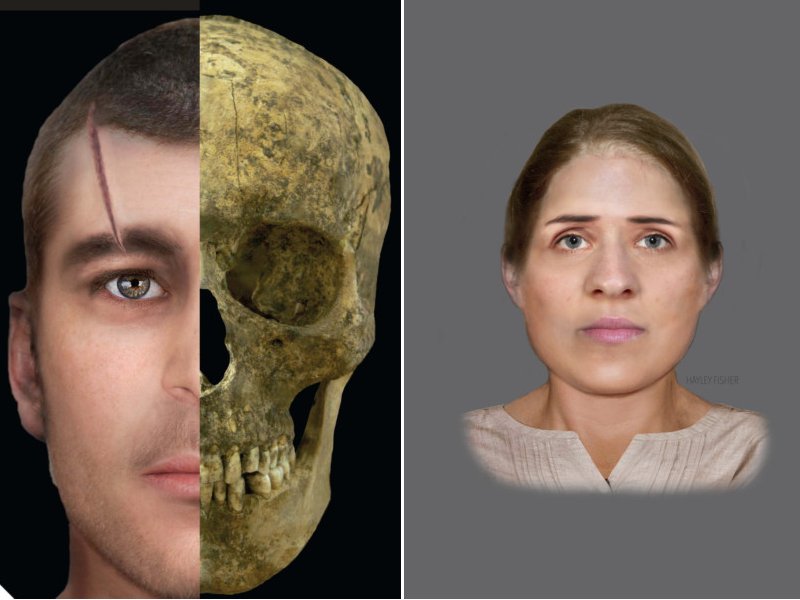
Left: The skull of one of the family members. Right: This female murder victim suffered a blow to the head. Credits: Edinburgh Museums and Galleries
John Lawson, the City of Edinburgh Council archaeologist who led the investigation, added: “Many mysteries remain but thanks to CSI techniques, we've managed to make great strides in our understanding of Scotland’s Cramond burials.
“The study has provided important evidence of life during this time of political turmoil and has helped us answer questions about the Dark Ages, but it has also opened up a whole new world of questions. Why did these people migrate to Cramond? What was so special about this area during the dark ages? Why were some of them murdered but given a special burial?
“If this grave was indeed the burial crypt of a noble or Royal family, it suggests Cramond just might be a Royal stronghold of the Gododdin. If this is the case, these findings have a significant impact on what is known about the history of Scotland and Northern Britain during the Dark Ages.”
AncientPages.com
source: Edinburgh Evening News




